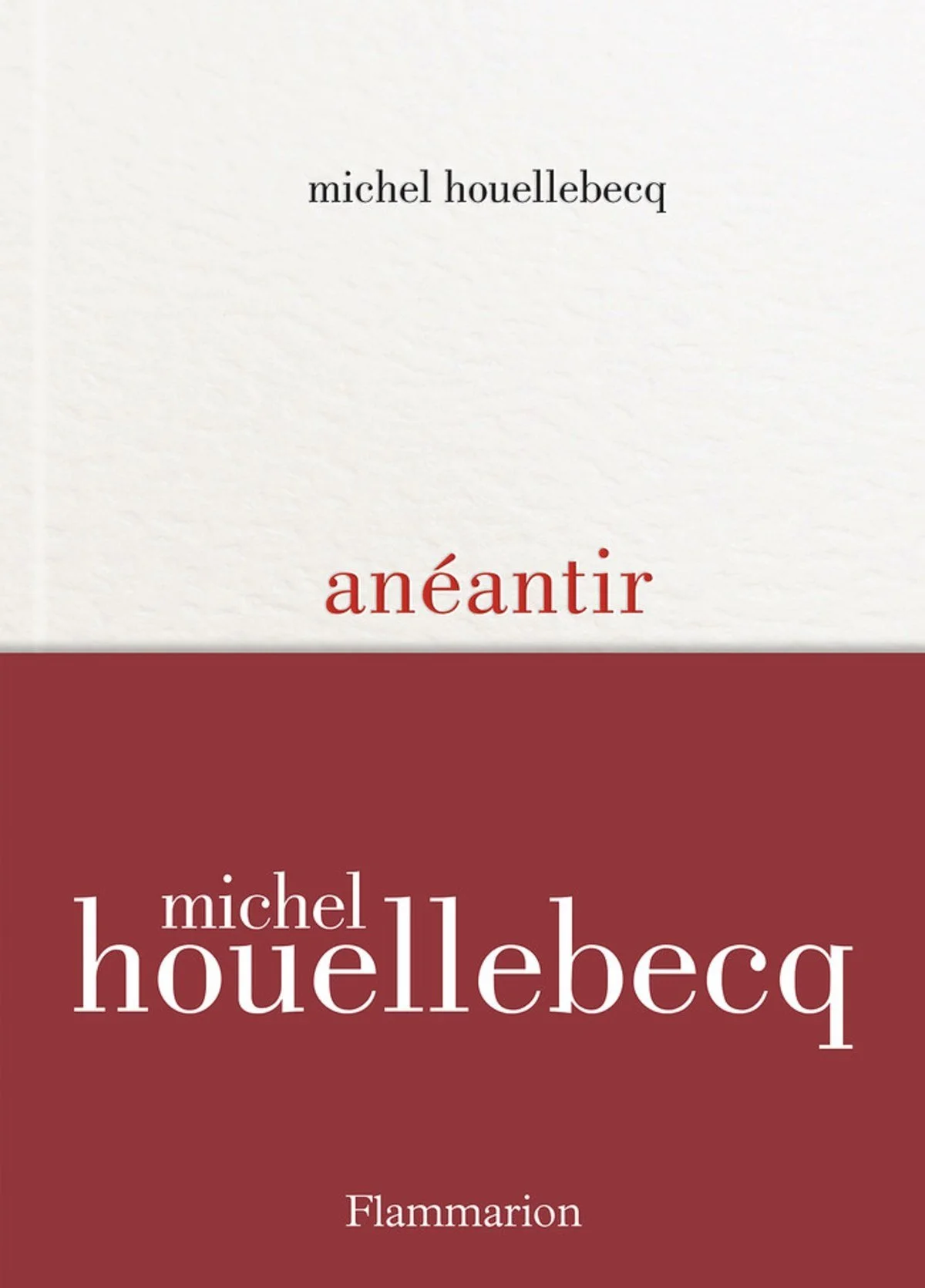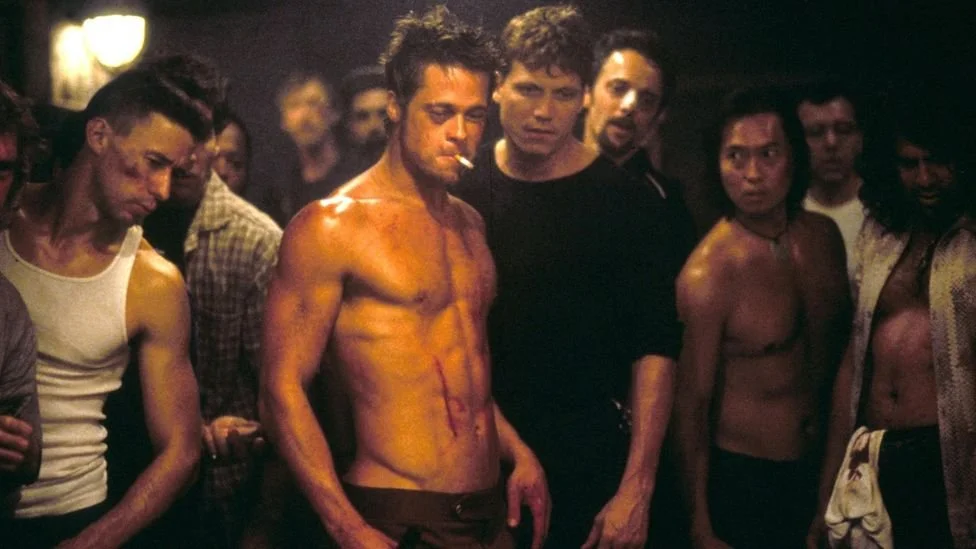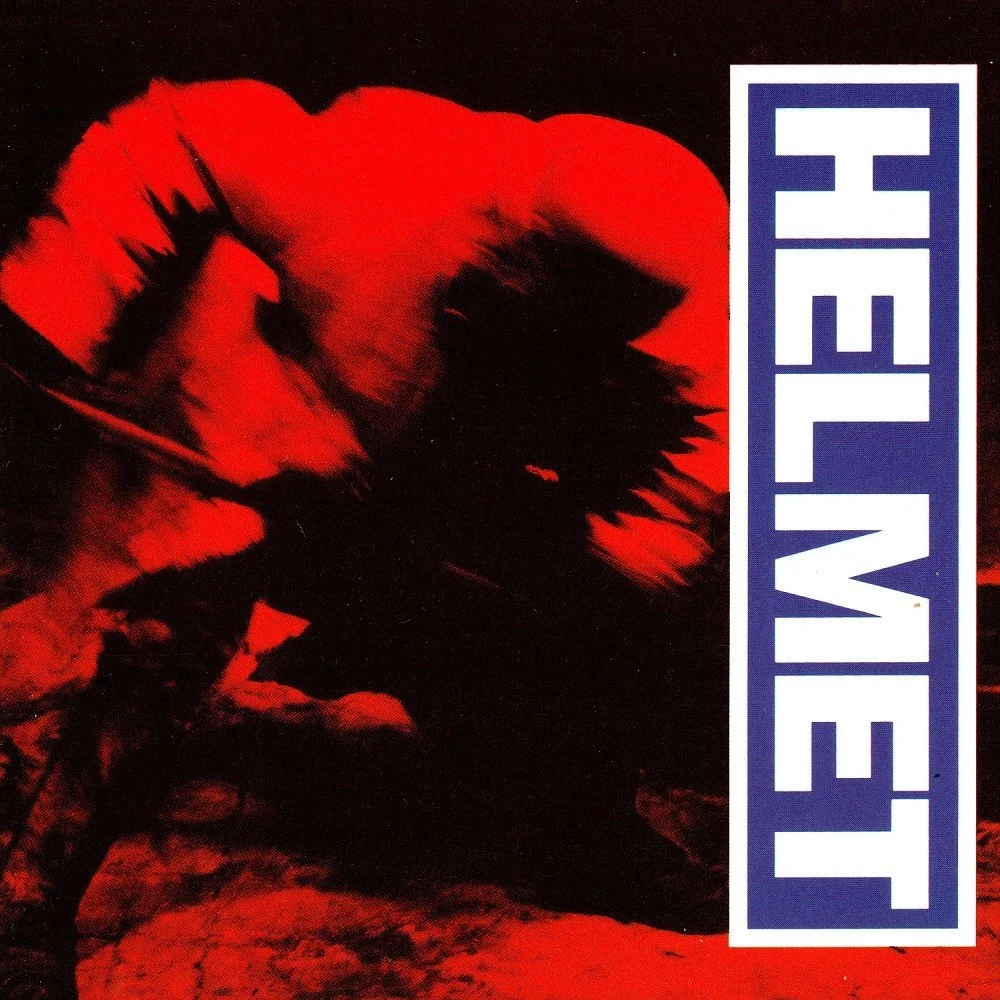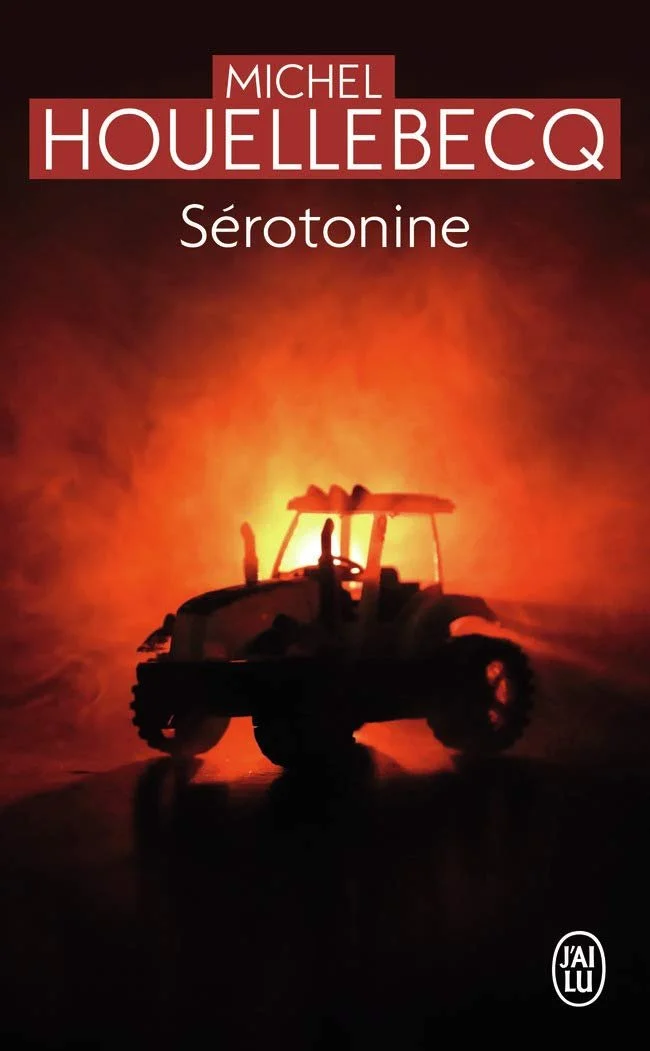Book Review : Michel Houellebecq - Anéantir (2022)
Chuck Palahniuk once said (I don’t remember where), that a protagonist didn’t need to be sympathetic if he or she was interesting. I would add another qualifier to this expert observation : a character also needs to be relatable. That part is always tricky because a character can be relatable in a positive or negative way. French author Michel Houellebecq is a grandmaster at writing uncomfortable reflections of contemporary living and he might've created his best in his new novel Anéantir.
Anéantir tells the story of Paul Raison, a high-ranked government official with a job that cannot easily be described. He is the de facto best friend of France’s minister of economy and finances and his principal task is to be there for him. He is paid to listen and advise him to the best of his capacity. The minister Bruno Juge is indeed in great need of friendship and advice because he is featured in mysterious, threatening CGI video where he gets beheaded online, but Paul is going through some shit of his own.
Earnest nihilism & Entropy
Michel Houellebecq’s latest novel feels quite different from the others. It is far less cynical and a lot more nihilistic. By that, I mean that it is (or feels) far more earnestly desperate and that feeling is caused by a protagonist who hasn’t given up on life, love or anything beautiful human beings feel entitled to. Paul Raison is the nicest main character Houellebecq has come up with in (to my knowledge) his entire career. He is not overly nice or selfless, but he is helpful, reasonable and mildly sensitive.
He is also not a sex pervert, which is a nice change of pace.
Paul is defined by a sense of duty he both feels towards Bruno, his family and his estranged wife Prudence. He is undergoing a macrocrisis with a threat against the establish world order and a microcrisis with the stroke of his father and the subsequent dissolution of his family. Paul is facing the most terrifying force of the universe: entropy. His time on this Earth (or at least his time where he has a stable situation) seems to be over and he quietly bears witness to pieces of his life disappearing one by one.
I would call Anéantir heartbreaking if it didn’t feel so natural and immutable. What happens to Paul is what ultimately happens to any human being on a long enough time frame: annihilation. The wiping of even the most important and reputable members of society from collective memory. What Michel Houellebecq communicates in Anéantir is a particular type of despair that hits you harder and harder with every years: the pain of feeling the world pass you by. The realization that your turn will soon be over.
Indy and the banality of ideological conflict
One of my favorite characters of Anéantir was Indy, Paul’s insufferable sister-in-law who is incapable of maintaining basic human contact outside of her own ideological prejudice. She is an absolute pest and Houellebecq treats her with the appropriate brutality. Her existence makes a powerful point, though : ideological conflict is idiotic when it is devoid of stakes. It becomes merely a form of entertainment for comfortable people who feel guilty about not improving the world with their mere existence.
Indy feels entitled to a potential bigger part of the family’s inheritance solely based on the fact that she believes her and her husband (but especially her) are better people than the rest of the family. She will end up causing a lot of destruction and "entropy" based on that feeling of entitlement. Although somewhat center right-leaning, Paul never lets ideology dictate his relationships. His sister Cécile votes for Marine Le Pen and it’s, I believe, only mentioned once in the book and she seems like a decent person.
A lot of people will feel uncomfortable by the observations communicated through the character of Indy, but I believe they’re pretty important. There are strong feelings of emotional weariness and exhaustion that permeates Anéantir. Houellebecq is not trying to ridicule the left or the right (I think he believes both are ridicule), but he’s stressing the futility of ideological division. That division doesn’t lead to an ideological promise land. At least not without violent, bloodthirsty conflict first.
*
Anéantir is Michel Houellebecq’s darkest, but least solipsistic novel. It’s a challenging outlier in his bibliography. If you’re familiar with Tolstoy, there is some undeniable influence in structure and themes both. I can’t say Anéantir is a pleasant reading experience with a straight face, but it’s undeniably powerful and insightful. It’s one of these bone chilling experiences that you won’t want to necessarily start over again, but that will stay with you long enough and forcibly enough.






